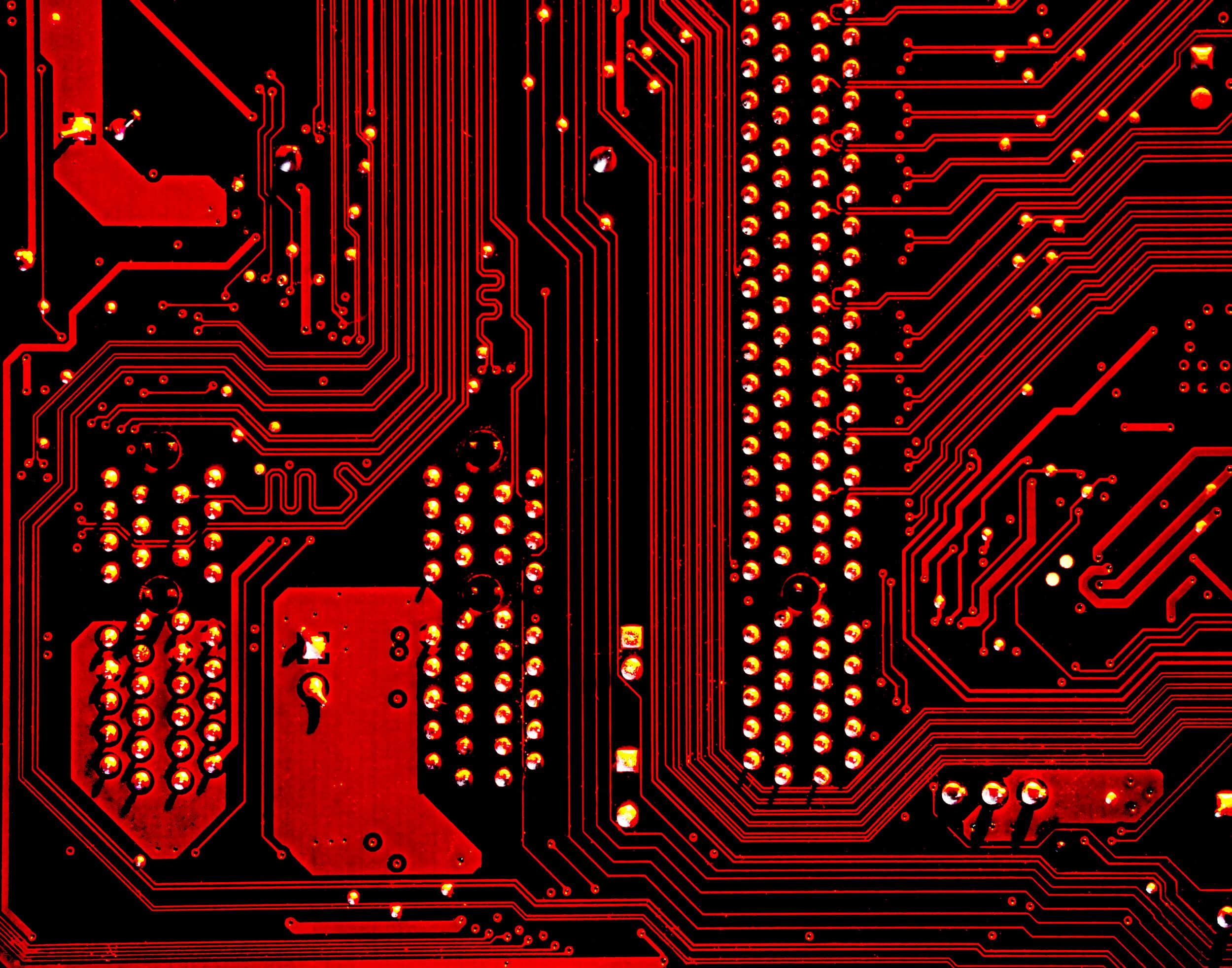
Opinion: What’s the Link? NGU professors thoughts on Elon Musk’s neurotech demo
Samantha Martin, Staff Writer
�In a lot of ways it�s kind of like Fitbit in your skull with tiny wires,� said Elon Musk during the demo for Neuralink�s Link device.
Pixabay.com
Musk is famous for co-founding the electronic payment firm PayPal and his attempts to revolutionize transportation through both Tesla and SpaceX. But now, he has founded and acts as CEO for Neuralink, a neurotechnology company, that unveiled their latest technology in a demo with live pigs.
Subjects Joyce, Gertrude and Dorothy represented three different stages of the Link process. Joyce had no Link and was just fine, happy and healthy. Gertrude, who was shy at first, represented the population with the chip and Musk demonstrated this by playing an audio feed of the signals the device was producing as she sniffed around her pen. Dorothy had been implanted with a Link device, but had hers removed in order to illustrate the removability of the device.
So, based on this preliminary demo, the device works. From a scientific, secular worldview, this is an amazing advancement and that�s the end of it.
But what about from the Christian worldview?
�From what we know of right now, there wouldn�t be any way to say that it does [go against scripture], because it�s still kind of early to tell what all is involved in the technology. It definitely merits close observation by the Christian community for questions of bioethics,� said Assistant Professor of Christian Studies Thomas Willoughby.
This is especially important when one considers the end goal of Musk: Neuralink being used to help create a symbiotic relationship between humans and computers.
�Over time I think we will probably see a closer merger of biological intelligence and digital intelligence,� Musk said in a 2017 article with Nick Statt of The Verge that was announcing the unveiling of the Neuralink company.
When talking about bioengineering and the potential future singularity, the water becomes muddy.
�It�s (moving toward singularity) not something I want to see any kind of movement toward at all, but again we also have people with prosthetic arms and legs, implants to help them hear and other things like that, so in a way it�s kind of hard to say, �Where is the line? You�ve gone too far,� Robert Gaddis said, professor of psychology at NGU.
Unsplash.com
If the end of Neuralink is what we have seen now, this benevolent technology designed only to help people, it seems to be scripturally sound. Surely a desire to heal the chronically injured or depressed, or to bring sight and hearing to those that are deaf or blind is good, right?
In Exodus 4:11, Moses speaks about being slow to speech, �Then the Lord said to him, �Who has made a person�s mouth? Who makes him mute or deaf, or seeing or blind? Is it not I the Lord? Now therefore go, and I will be with your mouth and teach you what you shall speak.��
�This [the passage above] speaks to the sovereignty of God certainly, and his creative nature. It doesn�t necessitate that such a creation was meant to be unchanged,� said Willoughby.
From a biblical worldview, humans are created in the image of God; God is a creator, God is a healer. So it is understandable that humans are also creative and that humans have a desire to heal.
But what if someone doesn�t want to be �healed?�
�One of the aspects of being deaf is �God made me this way, I accept it, why do I need to fix it?� Deafness is a strange animal, because you can do everything but hear if you�re deaf. They�re not limited by anything except what limitations we put on them,� said Adjunct Instructor of American Sign Language Shannon Fike.
The opposition of some is not to technology itself, but in the goal behind it. What is in the heart of those developing the technology? Are they working simply to better lives, and allowing for people to make a choice as to their condition? Or is this just a stepping stone to general augmentation of the human condition, to leave behind the created bodies and venture into something new?
�The question is what�s the driving motive behind that, what�s the goal?� asked Willoughby. �To the end that this is helping our fellow man, then it seems those technological medical advances are beneficial and they would be consistent with scripture. But at the point when we start crossing over into we�re not trying to eradicate illnesses, we�re trying to enhance ourselves, is when we�re starting to see where a good thing becomes bad.�
The important thing to remember should this technology become available to consumers is that technology is not necessarily an enemy.
�The scripture says God looks on the heart, so the outward appearance of the particular action you take, even if you do something good for somebody, but your intention is to manipulate them for your own selfish purposes then that�s a sin, but if your intention is to actually benefit that other person and you�re believing and trusting God in what you�re doing and your motive is not ungodly, then it�s not a sin,� said Gaddis.


